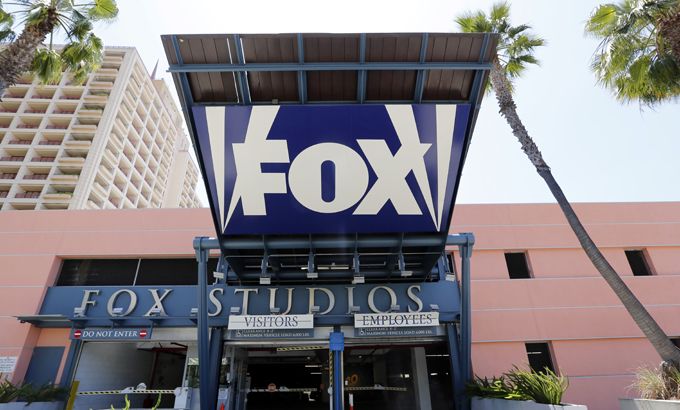
Is Obama squeezing media freedom?
We ask if the White House is abusing concerns about national security to pressure journalists to give up their sources.
On Monday, The Washington Post reported that James Rosen, a Fox News reporter, had been named a ‘co-conspirator’ to the leaking of classified materials and that the US Department of Justice had obtained a warrant to inspect his private emails.
”It
which has no objective other than to stop the press from asking those who have access to national security information, to shut the whole thing down.”]
The case relates to the prosecution of a former state department official who was indicted for allegedly telling Rosen that US intelligence believed North Korea would respond to additional UN sanctions with more nuclear tests.
This all comes after it was revealed the department of justice had subpoenaed two month’s worth of the Associated Press‘ phone records in relation to a separate leak probe.
Civil liberties groups and journalists are incensed by what the American Civil Liberties Union has called an ‘unacceptable abuse of power’ by the Obama administration.
Under President Barack Obama more government leakers have been prosecuted under the 1917 Espionage Act than under all prior administrations combined. But over the last week it has become clear that it is not just leakers but the journalists who cultivate them as sources who are being monitored by the government.
And now two US senators, Democrat Chuck Schumer and Republican Lindsey Graham, are planning to introduce a federal shield bill for journalists.
The proposed legislation seeks to protect reporters from fines and jail time, if they refuse to reveal their sources and documents. But if a court rules that disclosing the information is necessary in the public interest – then journalists cannot protect their sources.
Journalists’ groups say the US government should have to prove to a judge that the information it seeks outweighs the journalist’s need to keep the information confidential.
The new proposal includes exceptions for national security – which journalists’ groups say can be interpreted too broadly.
One of the more disturbing things here was that the warrant application was premised on the idea that Rosen himself was abettor or co-conspirator of the leaker's underlying act.
Forty out of 50 US states have shield laws – which protect reporters from being subpoenaed to testify in state courts but not federal courts.
In some states this is limited to journalists working for established media organisations while others extend the law to bloggers and other non-traditional publishers.
The Obama administration through its spokesperson, Jay Carney, said of the seizure: “I can tell you that the president feels strongly that we need the press to be able to be unfettered in its pursuit of investigative journalism. And you saw when he was a senator, the president co-sponsored legislation that would have provided further protections for journalists in this regard.
“And he is also mindful of the need for secret and classified information to remain secret and classified in order to protect our national security interests. So … there is a careful balance here that must be attained.”
So, is the Obama administration no longer just fighting a war on whistleblowers but on the freedom of the press as a whole?
Inside Story Americas, with presenter Shihab Rattansi, discusses with guests: James Goodale, the general council for The New York Times during the Pentagon Papers controversy of the 1970s; and Julian Sanchez, a research fellow at the Cato Institute who works on privacy, the media and technology.
What the students want is free education for all, which used to be the situation until the beginning of the dictatorship in 1973.
Taking the heat in Chile
In Chile, mass protests by thousands of students and union members overshadowed President Sebastian Pinera’s final State of the Nation speech as he defended his record.
He recounted his success of creating jobs and announced educational reforms.
The students are demanding the end of the privatised education system in favour of free schooling but Chilean police used water cannons and tear gas to break up the demonstrations, which called for more wide ranging and free education.
Demonstrators included students and members of left-wing movements and unions who are fighting against neo-liberal policies and fight inequality in Chile.
We discuss the situation with the Chilean political analyst Patricio Zamorano who is an adjunct professor at George Washington University.